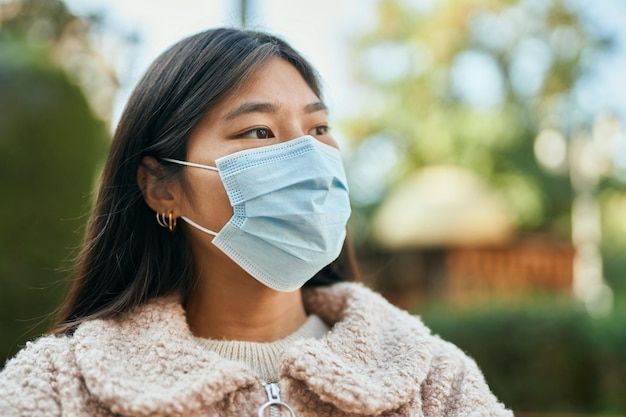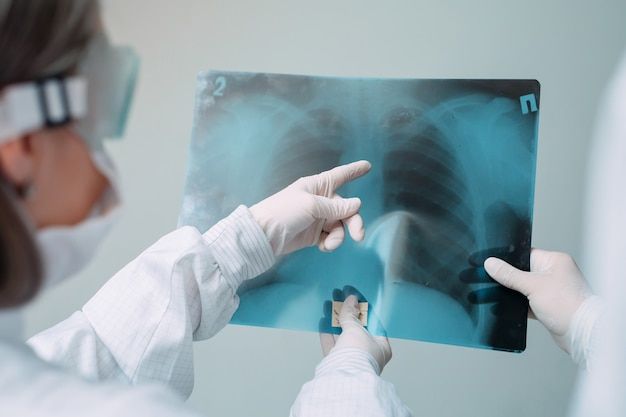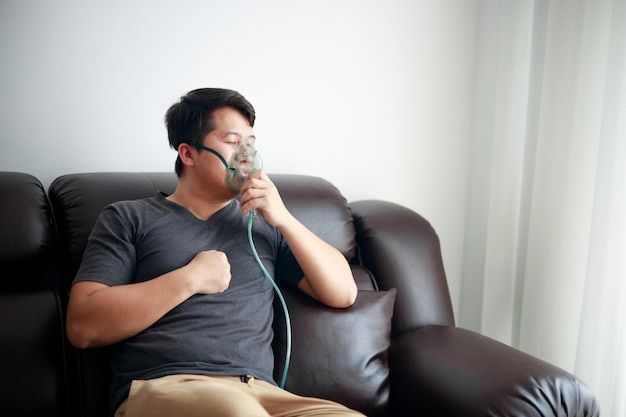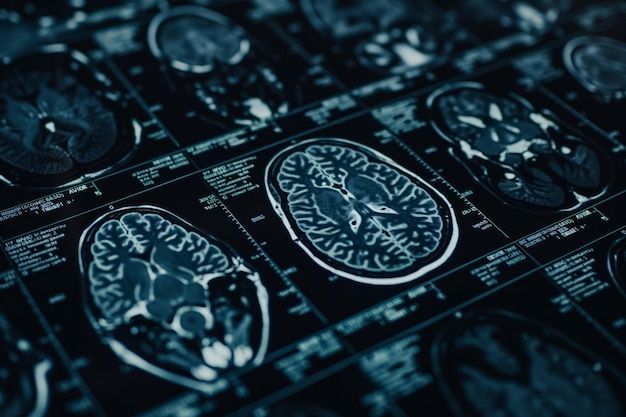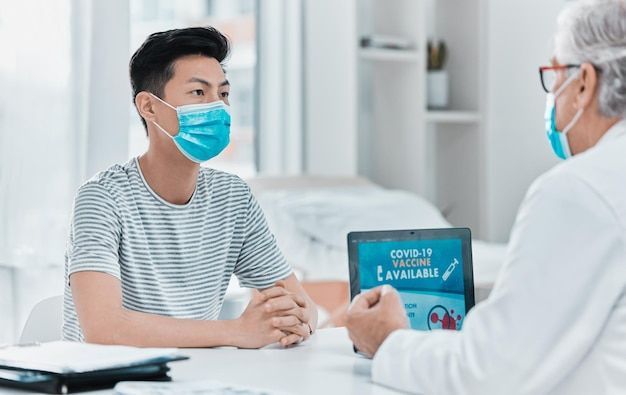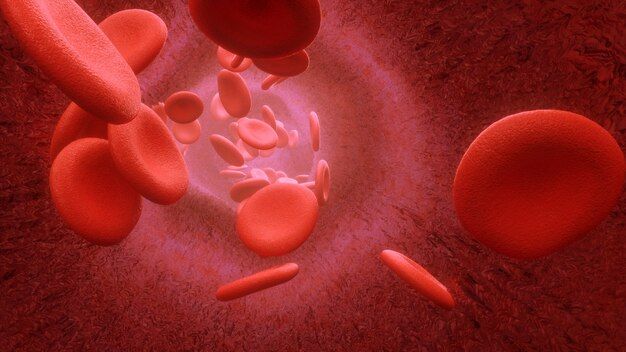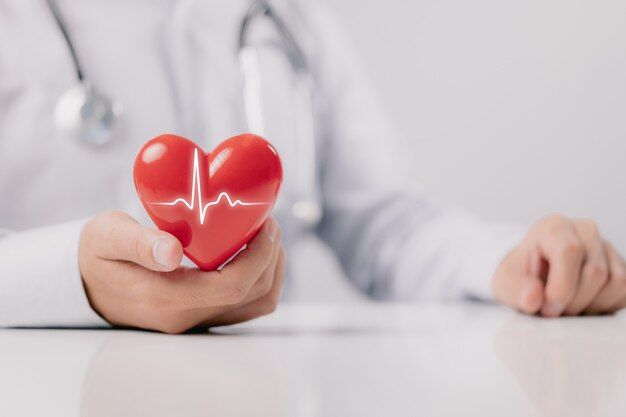TAKE CARE OF YOUR MENTAL HEALTH
By: ICMO
What is Mental Health?
Mental health is our emotional, psychological, and social well-being which enables us to handle stress, make decisions, relate well with others, work productively and contribute to our community. Sometimes it also involves our sense of spirituality and is important in every stage of life, from childhood to adulthood.
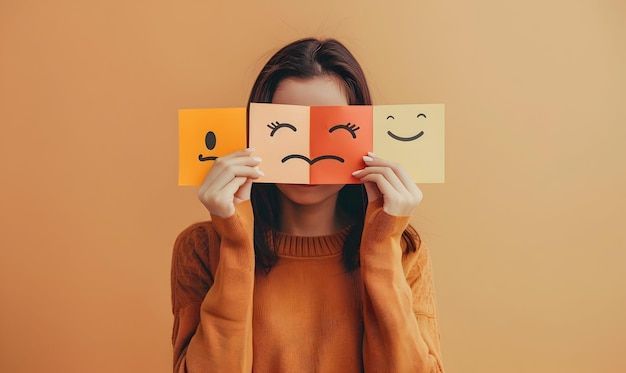
Symptoms of Mental Health Problems
Mental health problems can be caused by the interaction of several factors and there is never just one cause. Some of those factors may be:
Biological
i.e. genetics, biochemical imbalance in the brain, physical illness, use of alcohol & illicit substances
Social
i.e. rapid social change, trauma, abuse, human rights violations, gender discrimination, social exclusion
Socioeconomic
i.e. loss of job, dissatisfaction or stress with work, lack of money
Psychological
i.e. personality traits, coping mechanisms, lifestyle choices
Spiritual
i.e. lack of faith, no purpose in life
- Increase or decrease appetite to the point of losing or gaining weight
- Changes in sleep pattern (i.e. sleeping a lot or not at all, inability to fall asleep, waking up in the middle of the night)
- Isolating self from family and friends, disconnecting self from social media sites
- Feeling heavy, lazy, lethargic and no energy to carry out daily responsibilities
- Losing interest in previously enjoyable hobbies or recreational activities
- Unable to concentrate or focus with studies or work, often forgetful and confused
- Having disturbing thoughts, painful memories or frightening dreams that persist and recur
- Feeling helpless, hopeless, worthless or guilty most of the time
- Feeling on edge, anxious, nervous, worried, scared or sad that is overwhelming
- Easily irritated and impatient to the point of yelling or quarrelling with people
- Experiencing severe mood swings, restlessness, crying
- Smoking, drinking, or using drugs more than usual
- Having unexplained aches and pains
- Hearing voices or seeing things that no one else hears or sees
- Being suspicious of people i.e. talking, gossiping, laughing, belittling, disliking, judging you
- Considering hurting yourself or others
The first step to getting better is getting help. Mental health problems should be addressed and treated. Treatment and therapy can be obtained through a variety of approaches:
Mental Health Treatments

Psychotherapy or Talking Therapies
Psychotherapy focuses on improving well-being through exploring emotions, thoughts and behaviors. It helps you understand yourself and usually carried out by trained mental health professionals such as psychologists, psychotherapists and psychiatrists.
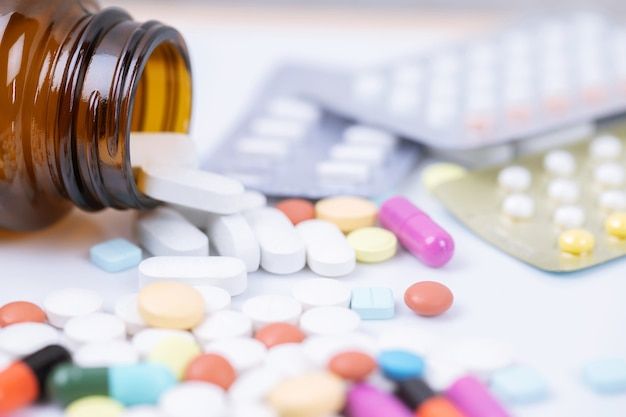
Medication
Medication helps by correcting the biochemical imbalances in the brain and helps to relieve symptoms of mental health problems so you can resume social interaction and normal school/work routine. These are prescribed and managed by psychiatrists.

Combination of Psychotherapy & Medication
Quite often there is a need to combine the 2 modalities of treatment either by 2 persons or 1 and the same mental health professional.

Case Management
Coordinated assessments, plans, services and strategies that is carried out by a case manager (i.e. primary mental health professional or others) to facilitate recovery.
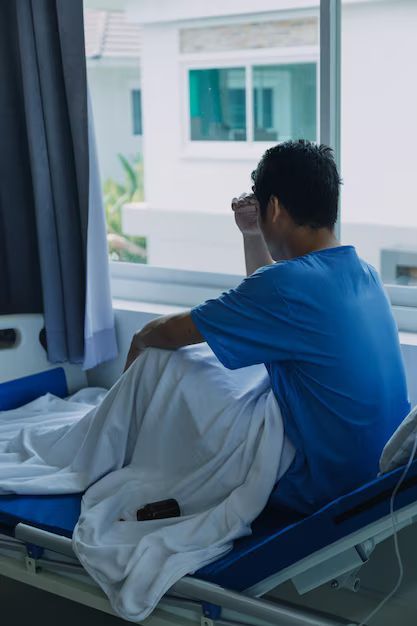
Hospitalization
In some cases, when the mental health condition worsens to the point where there is a need to closely monitor the patient (i.e. ensure he/she is sleeping and eating well or has the potential to hurt self or others), bring that person to the emergency room for possible admission to the hospital.

Self Help/ Support Group
A support group is composed of peers who lived or are living under similar circumstances and share the same goal towards recovery.
DLSUMC is one with the community in promoting mental health!
Our Medical Arts Center houses psychiatrists that could help you with your mental health concerns. You may call (046) 481-8000 or (02) 8988-3100 local 1206/2001, or visit http://findadoctor.dlshsi.edu.ph/ for their clinic schedules.
References:
Mental Health America
National Alliance on Mental Illness
https://www.nami.org/blogs/nami-blog/october-2017/9-ways-to-fight-mental-health-stigma
Mental Health.gov
DISCLAIMER
All content found on the DLSUMC website, including text, graphics, images, audio or other formats were created for general informational purposes only and are not intended or implied to be substitutes for professional medical advice, diagnosis or treatment.
If you think you may have a medical emergency, call your doctor, go to the emergency department, or call your local emergency hotline immediately.

